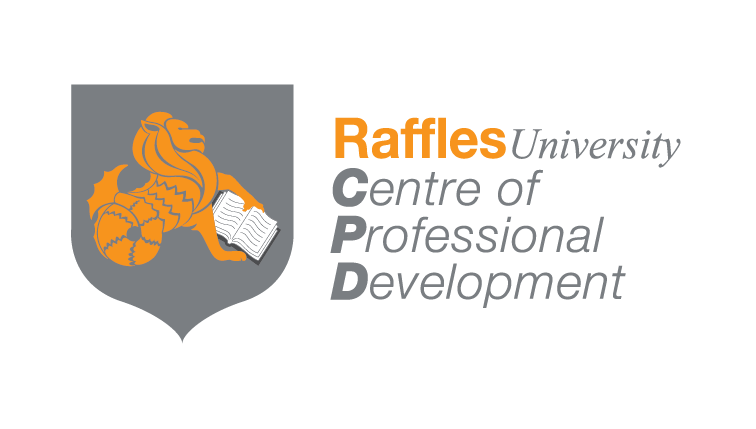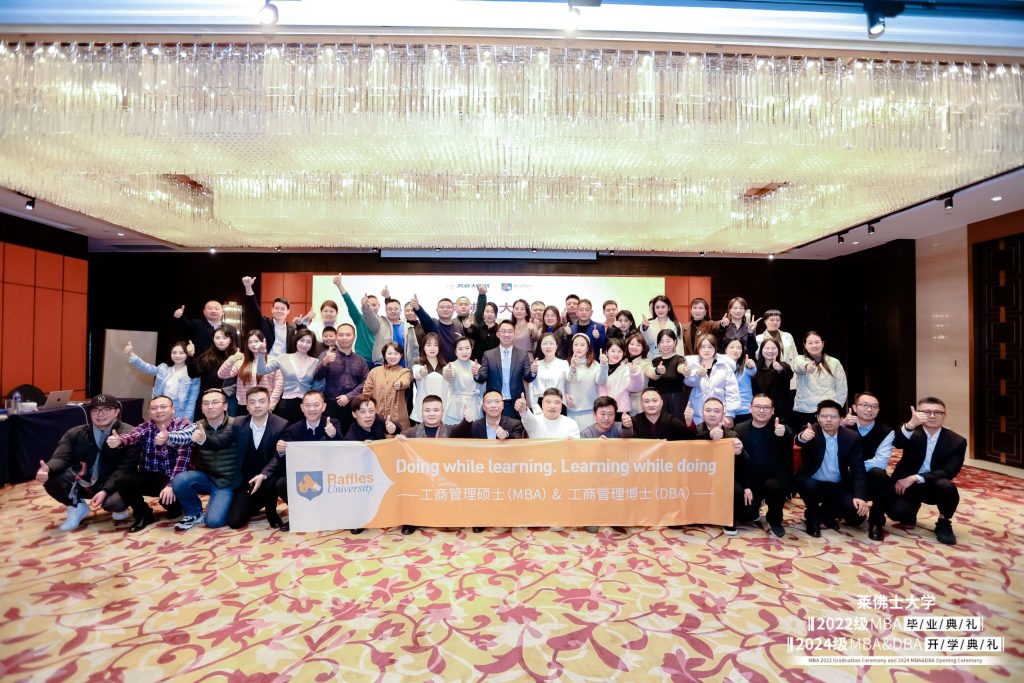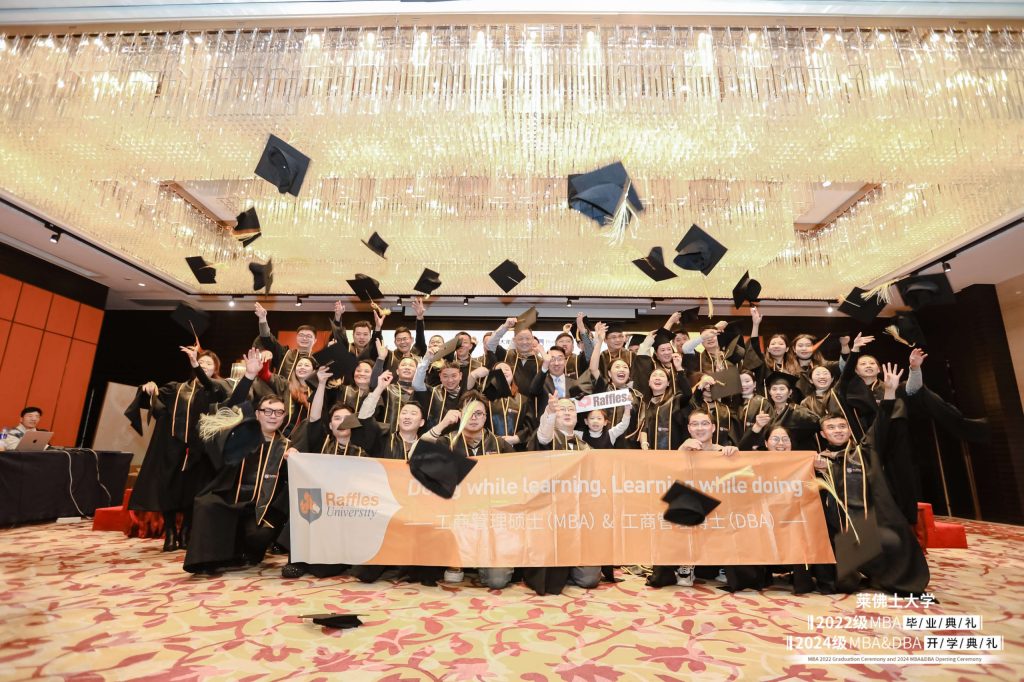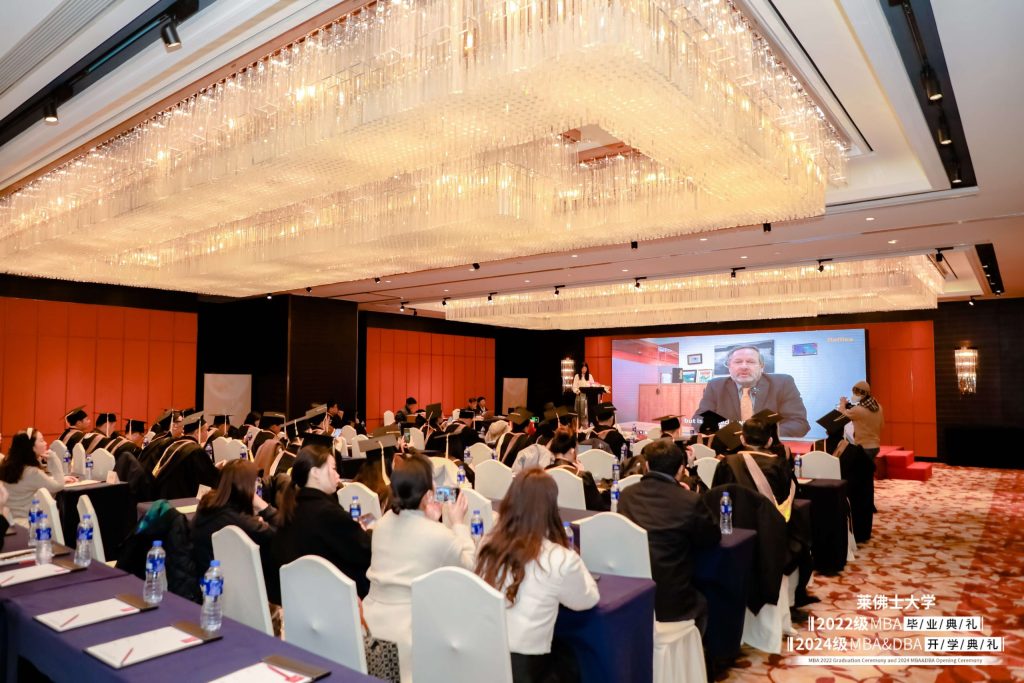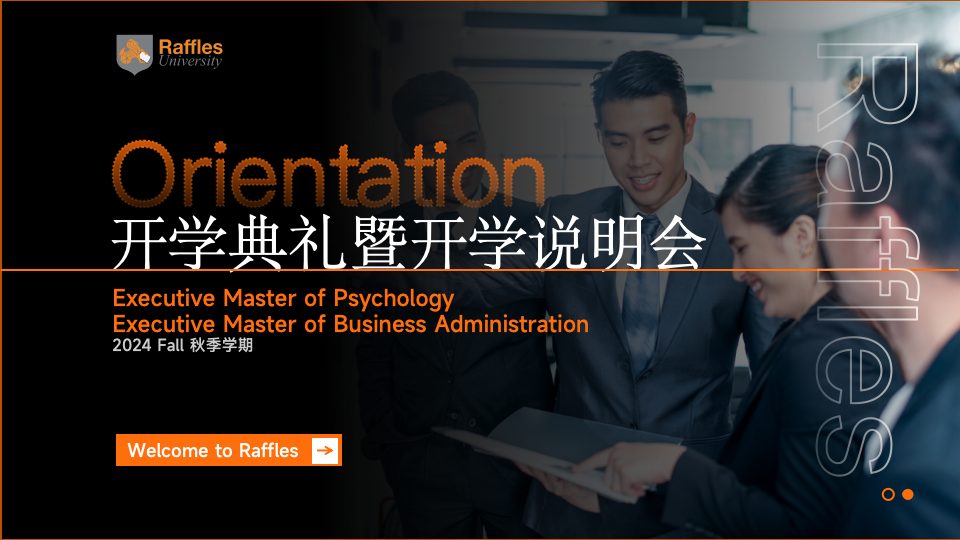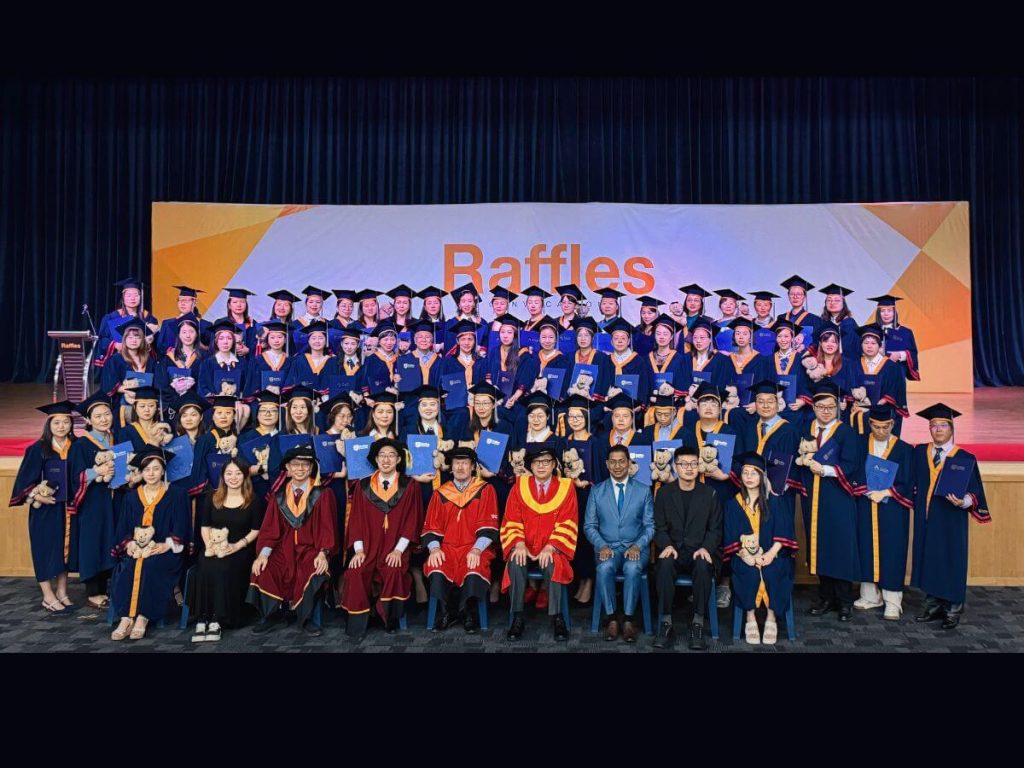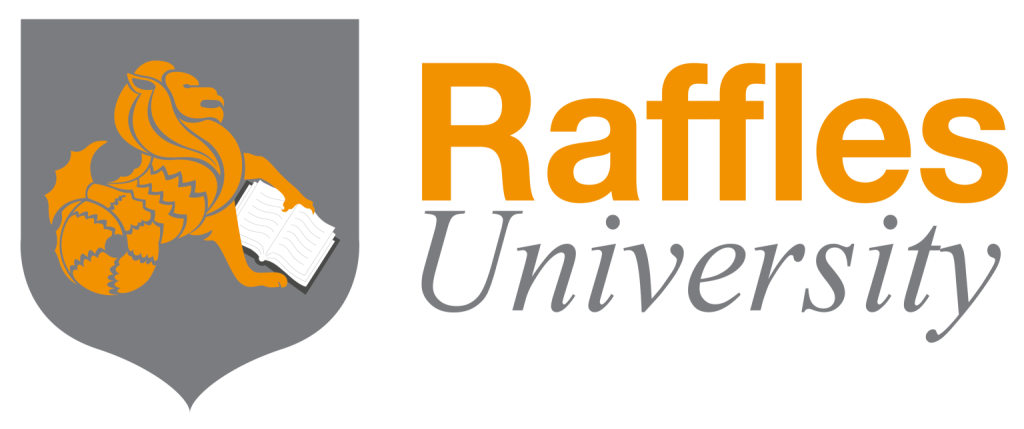This course aims to provide students with a profound understanding of the fundamental theories and practices of operations management. Students will learn how to optimize production processes, enhance operational efficiency, reduce operational costs, and understand the application of modern operation management systems in a globalized environment. The course content covers key areas such as supply chain management, lean production, Six Sigma management, quality control, and operational strategic planning. Through case studies, group discussions, and simulation exercises, students will cultivate the ability to solve practical operational problems, preparing them for careers in manufacturing, service industries, or any field requiring efficient operations management.
This course aims to delve into the digital transformation in the business field, helping students understand the application of digital technology in modern business operations and its profound impact on enterprise strategy, management, marketing, and customer service. The curriculum covers core content such as digital trend analysis, business model innovation, data analysis, and network security, aiming to cultivate students’ ability to make effective decisions and manage in a digital environment.
This course focuses on developing students’ core skills in the field of financial management. Students will learn how to analyze a company’s financial condition, formulate financial strategies, evaluate the economic benefits of investment projects, and manage corporate financial risks. The course content covers financial statement analysis, capital budgeting, investment decision-making, cost management, short-term financial decision-making, long-term financing strategies, and more. Through real-world case studies, financial simulation games, and team projects, students will master the financial decision-making process and understand the impact of financial decisions on corporate strategy and performance.
This course aims to teach students the core principles and techniques of project management, enabling them to successfully plan, execute, and monitor projects. Students will learn how to develop project plans, allocate resources, manage project teams, control project schedules and budgets, and handle project risks. The course content covers key areas such as the project management lifecycle, project scope management, time management, cost management, quality management, risk management, and communication management. Through case studies, role-playing activities, and team projects, students will develop project management capabilities, preparing them for future project management positions in various organisations.
This course aims to cultivate students’ entrepreneurial spirit and guide them in developing successful new businesses from concept to execution. The content covers market analysis, business model development, financing strategies, team management, marketing, and more. Through case studies and hands-on practice, students will gain comprehensive knowledge of the entire entrepreneurship process and enhance their chances of success. Course features include industry-specific lectures and collaborative practical projects, aimed at helping students become future leaders in entrepreneurship.
This course aims to help students understand the importance of strategic planning and cultivate their ability to develop and implement effective strategies. Students will learn how to analyze the external environment, assess internal resources and capabilities, determine the organization’s mission and vision, and formulate long-term and short-term strategies. The course content covers key areas such as competitive analysis, SWOT analysis, PEST analysis, strategy formulation and selection, strategy implementation, and evaluation. Through strategic simulations and case studies, students will enhance their strategic thinking and decision-making skills, laying a solid foundation for future careers in top management or consulting.
This course aims to help students comprehensively understand and grasp the core theories and practical methods of leadership and change management. The course content covers the development process of leadership, leadership styles and techniques, the concepts and processes of change management, and more. Through diverse teaching methods such as case analysis, group discussions, and role-playing, students will learn how to effectively respond to challenges in organisational change, enhance leadership and team collaboration skills, laying a solid foundation for future career development.
This course aims to provide students with a solid foundation in academic research methodologies. Students will acquire a comprehensive set of core methods and techniques related to research design, data collection, data analysis, and research report writing. The course content covers the fundamental frameworks of quantitative and qualitative research, the selection of research methods, the importance of literature review, and the application of statistical software for data analysis. Through a diverse range of teaching methods including lectures, case studies, group discussions, and hands-on practice, students will gain proficiency in the basic processes and methodologies of academic research, laying a solid foundation for further exploration in the academic field.
This course focuses on the fundamental theories of data analytics and the practical application of SPSS software. Through this course, students will acquire the basic skills of data collection, organisation, analysis, and interpretation, and be able to utilize SPSS software for data management and statistical analysis. The course content covers key concepts and methods such as data preprocessing, descriptive statistics, inferential statistics, analysis of variance, regression analysis, etc. It aims to cultivate students’ ability to independently conduct data analysis and solve problems. Whether for academic research or business decision-making, data analytics and SPSS skills are indispensable tools.
This two-month research project aims to cultivate students’ ability to conduct independent academic research. Under the guidance of a supervisor, students will select a specific research topic, conduct in-depth literature research, data collection, and analysis, and ultimately write a comprehensive academic paper. The course will emphasize various aspects such as the formulation of research questions, the development of research design, the application of research methods, and the interpretation and discussion of research results. By participating in the research project, students will be able to exercise their independent thinking skills, innovative abilities, and practical abilities, thereby enhancing their professional quality and competitiveness in the academic field.
This course aims to provide students with valuable opportunities to gain in-depth insights into industry frontiers, corporate operational practices, and career development trends. Through a combination of field visits and/or workshops, students will be able to intuitively experience corporate culture, understand the operational models, technological innovations, market strategies, and industry development trends in different sectors. This will enhance students’ practical abilities, innovative consciousness, and comprehensive competitiveness.


